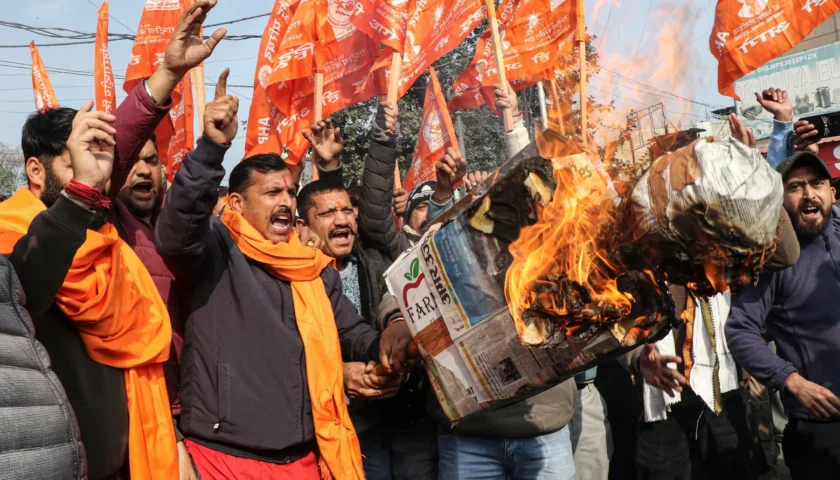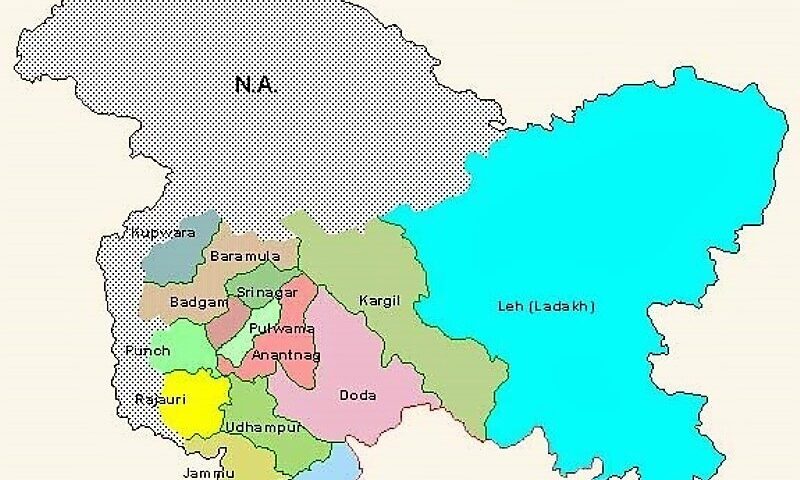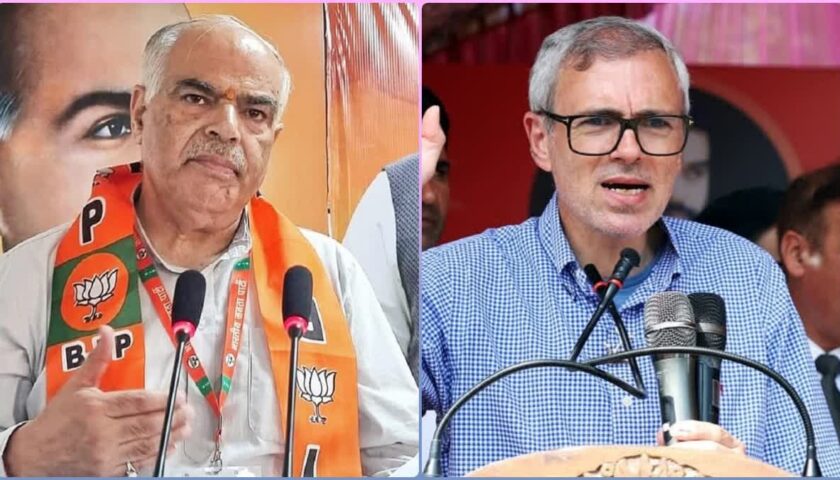In an interview to Karan Thapar for The Wire, former J&K chief minister Omar Abdullah says he is no longer sure who he is, what he can expect and what he will do
“I still have faith in the Supreme Court of India,” says former J&K chief minister Omar Abdullah in an interview to The Wire, put up by the website on Saturday evening. But he is also anguished, he adds, at the court’s ‘complete, inexplicable and mind boggling’ lack of urgency in dealing with petitions challenging the Government’s action in Kashmir.
Referring to the Chief Justice of India’s statement that the apex court can always set the clock back if it chooses to, Abdullah asks, “How will the Court turn the clock back? Will things not have become a fait accompli?”
Adding that the Government fails to recognize the anger and unhappiness of the people, he says that most Kashmiris do not expect to get justice from this government, which they fear and distrust. A section of the people was always against India, he points out, and says that their number has grown and so has the number of youngsters joining militancy.
“The person who went into the detention centre on the 5th of August 2019 is not the person who came out…I always believed in what I was doing. I believed what I was doing was right. Now I don’t know where I am at the moment”.
Omar Abdullah accepted that his response to what has happened in Kashmir after August 2019 and the doubts in his mind about both his future, both political and personal, are very different to the fighting spirit shown by his father when The Wire interviewed Farooq Abdullah in September 2020. “We’re different people”, he said. “He has 30 years more of experience. I’m 50 and believe that I still have two decades ahead to do something with my life.”
Speaking to The Wire about the Abdullah family, which have been accused by the BJP and even by the Prime Minister of not just mis-governance but of loot and making money at the cost of the Kashmiri people, Omar Abdullah said: “Honestly I have long given up the urge to prove my patriotism. I know who I am and what I stand for. How often do I have to keep proclaiming it?”
Omar Abdullah also spoke about his personal predicament. He said: “I will never be Indian enough for a section of the media. On the other hand, for a section of Kashmiris I’m not Kashmiri enough. I fall between two stools. However, I’m reconciled to that. I don’t aspire to acceptance. I have learnt to be true to myself.”
Speaking about how Muslims are treated in India, Omar Abdullah was asked if they feel like second class citizens and replied: “That’s a reality. There is not doubt on that.” Speaking of himself, Omar Abdullah said that he has not personally experienced prejudice but added “my place in society is not typical of Muslims in India”.




